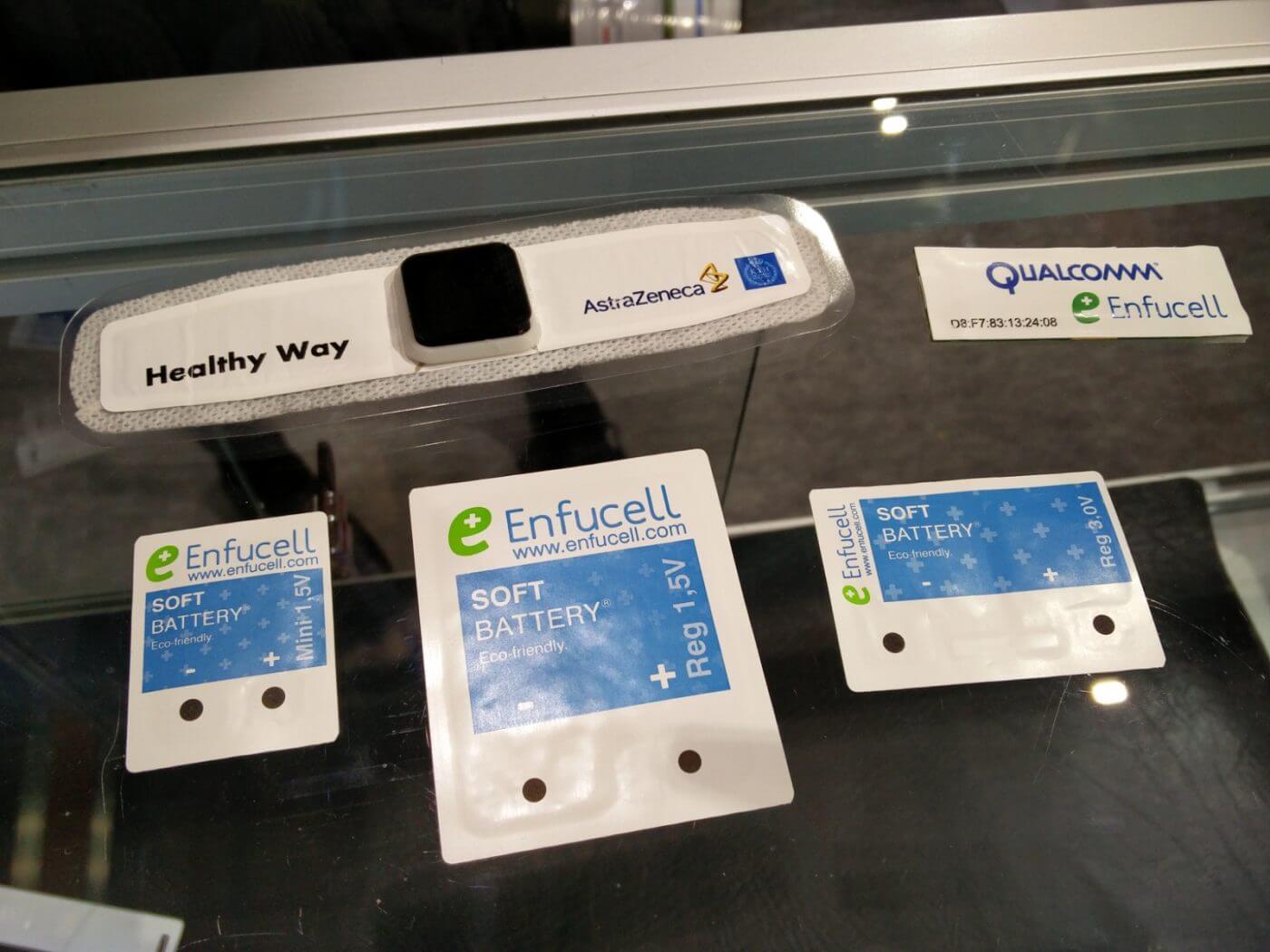![]() Activity trackers with built-in heart rate monitors are incredible pieces of technology. Sophisticated electronics crammed into a tiny space at relatively inexpensive cost and generating vast swathes of data. Fantastic as these devices are, they’re aimed squarely at consumers. There’s no guarantee that a thousand steps is a thousand steps.
Activity trackers with built-in heart rate monitors are incredible pieces of technology. Sophisticated electronics crammed into a tiny space at relatively inexpensive cost and generating vast swathes of data. Fantastic as these devices are, they’re aimed squarely at consumers. There’s no guarantee that a thousand steps is a thousand steps.
 For medical applications, a validated wearable is required and these devices have gone through rigorous research programmes to ensure that they work within a confirmed margin of error. British firm Activinsights manufacture their own wrist wearables for medical and healthcare professionals to use with with patients and clients. In the interview, Stephanie from Activinsights tells me how their wearables differ from the consumer market. For starters, some of them have a year-long battery life.
For medical applications, a validated wearable is required and these devices have gone through rigorous research programmes to ensure that they work within a confirmed margin of error. British firm Activinsights manufacture their own wrist wearables for medical and healthcare professionals to use with with patients and clients. In the interview, Stephanie from Activinsights tells me how their wearables differ from the consumer market. For starters, some of them have a year-long battery life.
With a range of devices for different scenarios, detailed information is collected and subsequently downloaded for analysis. Activinsights’ analytic tools can assess the data to provide lifestyle recommendations for long-term prevention but can also identify when the wearer’s condition is deteriorating. Many physical manifestations can be indicators of serious medical conditions, so it’s worth keeping track of activity over extended periods to help make a diagnosis.
The devices are available now with prices from around GB£260.
Podcast (specmedia): Play in new window | Download | Embed
Subscribe: Apple Podcasts | RSS












